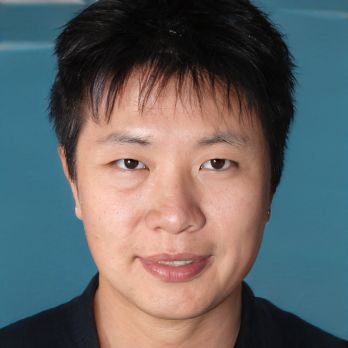What compositional technique was John Cage best known for?
The I Ching Through his studies of Indian philosophy and Zen Buddhism in the late 1940s, Cage came to the idea of aleatoric or chance-controlled music, which he started composing in 1951. The I Ching, an ancient Chinese classic text on changing events, became Cage's standard composition tool for the rest of his life.
In respect to this, who is the composer of equatorial?
Is Tao a God? The Tao is not God and is not worshipped. Taoism does include many deities, but although these are worshipped in Taoist temples, they are part of the universe and depend, like everything, on the Tao.
Why is Daoism good?
Unlike Confucianism, Daoism looked to nature rather than human beings as the source of morality. According to Laozi, human society has to conform to the Dao (The Way), or the essential unifying element of all that is. Some interpret Dao as Nature. Its importance is second only to Confucianism. Is Taoism a Buddhist? Taoism is a religion and philosophical tradition that originated in China around 550 B.C. and is based on the philosophical ideas of Lao Tzu. Buddhism, on the other hand, is a religion from ancient India, dating back to the sixth century B.C. and has its foundation on the teachings of Siddh?rtha Gautama.
What religion is the I Ching?
I Ching an ancient Chinese manual of divination based on eight symbolic trigrams and sixty-four hexagrams, interpreted in terms of the principles of yin and yang. It was included as one of the 'five classics' of Confucianism. Its English name is Book of Changes, a translation of the original Chinese yijing.
Similar articles
- Is Sam still in the cage?
Sam is still in the cage with Lucifer, and he denies that he ever got out. This is just another form of torture. At Bobby's, Sam reveals to Dean that he is seeing another person. The only way to end it is for Sam to take his own life.
- Who pulled Sam out of Lucifer's cage?
Though his soul would remain in hell for 180 years, Castiel was able to pull Sam's body out by the last scene of season 5.
- Is there any technique to win lottery?
There isn't a secret or trick to playing lotto. There are certain strategies that you can use to increase your chances of winning the lottery.
- How important is the problem solving technique in real life situation?
- What is GREY rock technique?
- How does the trust technique work?
- What is the wake back to bed technique?
 Deechristophermagic
Deechristophermagic
